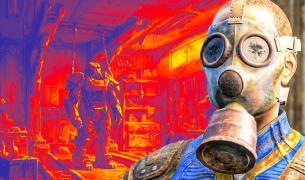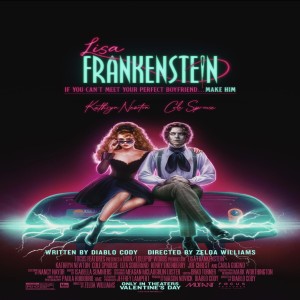Diving Back into the Depths of DC's Oceanic Epic
With a splash and a promise of underwater spectacle, "Aquaman and the Lost Kingdom" returns to the vast blue expanses that director James Wan once brought to life with his 2018 predecessor. This sequel invites audiences to once again strap on their diving gear and plunge into the aquatic adventures of Arthur Curry, aka Aquaman, portrayed by the charismatic Jason Momoa. The first film's blend of high-stakes action and a unique undersea setting gave the DC Extended Universe a much-needed breath of fresh air, leaving fans wondering if lightning could strike twice for the aquatic hero.
As the film opens, we find Aquaman basking in his role as the ruler of Atlantis, facing the challenges of governance and fatherhood. The initial promise of a deeper exploration into the lore of this submerged world and its enigmatic denizen holds potential. Expectations are high, with the audience strapped in for what they hope will be an epic continuation of Aquaman's journey. However, the question lingers: can "Aquaman and the Lost Kingdom" truly deliver another thrilling dive, or does it struggle to keep afloat amidst a sea of superhero saturation?
Charting the Murky Waters of Storytelling and Character Development
"Aquaman and the Lost Kingdom" steers the franchise into uncertain waters with a story that attempts to balance the personal with the political. Momoa's Aquaman is now a father, a narrative choice that aims to add depth to his previously unflappable persona. However, the film's execution of this trope, often used to humanize the invincible superhero, can feel like a mere gesture towards relatability rather than a genuine character evolution.
The follow-up welcomes the return of recognizable characters, such as Orm portrayed by Patrick Wilson and Mera played by Amber Heard, while introducing fresh talent aiming to make an impression on the series. However, despite the star-studded cast, the performances can appear to be adrift in the screenplay's choppy seas. The villainous Black Manta, played with zeal by Yahya Abdul-Mateen II, is given more screen time but is sometimes capsized by a script that flounders in its attempt to create a compelling antagonist.
Moreover, the film's visuals, though often stunning, cannot always mask the narrative's lack of cohesion. Where the first film's visual spectacle managed to buoy its simpler plot, the sequel's story ambitions seem waterlogged by an overload of subplots and underdeveloped ideas. This, coupled with a pace that can feel as inconsistent as ocean currents, leaves some viewers swimming in confusion rather than swept away by excitement.
Resurfacing with Mixed Reactions
As "Aquaman and the Lost Kingdom" reaches its conclusion, viewers emerge with a mix of admiration for its visual bravado and disappointment in its narrative undertow. The sequel's attempt to expand Aquaman's universe is commendable, but it sometimes loses its way in a labyrinth of storylines that can leave audiences gasping for clarity.
Viewer impressions have been as varied as the creatures of the deep, with some praising the film for its boldness and others criticizing its perceived lack of focus. The consensus seems to be that while the film delivers on action and spectacle, it doesn't quite match the novelty or narrative strength of its predecessor. The charm of the cast, particularly Momoa's lead performance, is not enough to elevate the film above the weight of its shortcomings.
Ultimately, "Aquaman and the Lost Kingdom" is an oceanic odyssey that may delight fans looking for more of their beloved hero but may leave others yearning for the storytelling depth that truly does justice to the rich world of Atlantis. The sequel navigates familiar territory, at times with vigor, while at other moments it seems to simply stay afloat, casting doubt on the future prospects of the franchise.











